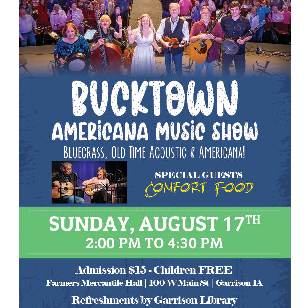The U.S. Food and Drug Administration announced Monday it has approved its fourth naturally derived color ingredient in the past two months.
The latest color is gardenia blue, or genipin, which comes from the fruit of gardenia flowers. The announcement was billed as another step in the Make America Healthy Again initiative headed by U.S. Department of Health and Human Services Secretary Robert F. Kennedy, Jr.
"Every day, children are exposed to synthetic chemicals in food that serve no purpose and threaten their health," Kennedy said in a statement. "The FDA's approval of gardenia blue shows we're finally putting kids first."
Per the announcement, the gardenia dye can be used in sports drinks, flavored or enhanced noncarbonated water, fruit drinks, ready-to-drink teas, hard candy, and soft candy.
FDA previously approved two naturally derived blue dyes, galdieria extract and butterfly pea flower extract, which can also make green and purple hues. It also approved calcium phosphate as a naturally derived white dye to be used in ready-to-eat chicken, candy melts and sugars.
HHS and FDA announced plans in April to "phase out all petroleum-based synthetic dyes from the nation's food supply," and to fast track the four natural color additives that are now approved, along with other natural dyes.
The announcement set a goal for the industry to "eliminate" food, drug and cosmetic synthetic dyes, including Green No. 3, Red No. 40, Yellow No. 5, Yellow No. 6, Blue No. 1, and Blue No. 2 by the end of next year.
FDA Commissioner Marty Makary, said in the announcement about gardenia approval, the "expedited timeline" the administration has taken shows its "serious intent" to move away from petroleum-derived dyes.
"Now, by expanding the palette of available colors derived from natural sources, food manufacturers have a variety of options available that will make it easier to end their use of petroleum-based dyes," Makary said in the release.
The administration also urged manufacturers to expedite their phaseout of Red No. 3 dye. FDA revoked authorization of it in January and called for a phaseout by January 2027.
According to the release, about 40% of the food industry has committed to a voluntary phaseout by 2027 of the petroleum-based food dyes.
The industry group Consumer Brands Association announced Friday its plans to voluntarily phase out synthetically derived dyes from products served at schools by the start of the 2026-2027 school year.
.jpg)
.jpg)


.jpg)



.jpg)


Comments
Submit a CommentPlease refresh the page to leave Comment.
Still seeing this message? Press Ctrl + F5 to do a "Hard Refresh".